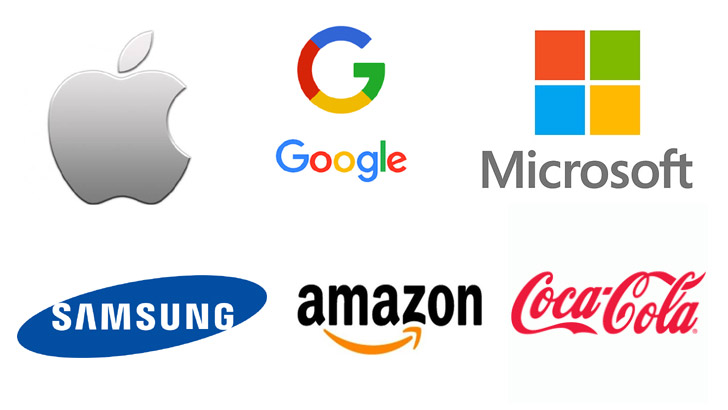All companies have the same problems: lack of leadership, cash flow, employees, and marketing. The level of challenge depends on the market, the location of the business, the size of the business and the required level of skill of the employee.
Leadership is a critical issue. Companies are generally managed by managers and not by leaders. Companies without leadership eventually wither and die due to lack of vision for the future.
The four main challenges are:
- Leadership is a concern for small businesses that have 50 or more employees. Most small business owners have no previous business experience. They may have had some managerial experience, but have no idea what it takes to lead a company to success. Leadership requires a totally different mindset.
Successful leaders are visionaries. They see the big picture and are generally not afraid to make a decision based on instinct and facts.
A leader inspires others with consistent actions. His actions match his words.
A leader sets the focus and goals and continually checks that everyone understands.

A leader speaks the language of the employees. Communication takes place in a context that everyone understands.
A leader is attuned to the challenges employees face and provides guidance and solutions to reduce frustrations.
How does a small business owner learn to be a leader? Most learn through trial and error. Others may be fortunate enough to have a mentor who can help them reduce their learning curve. There are very few institutions that teach leadership. I suspect it is because leadership is a mindset and requires experience to perfect yourself. The best opportunity for a small business owner is to join a group of business owners, find a mentor who is truly a leader, and learn from that individual.
- Money to maintain operations and / or expand: In the past, companies could obtain lines of credit from banks to keep their businesses running when cash flow was sporadic. The recent economic crisis has completely changed the ability of companies to obtain additional funds. Banks are holding their money and are no longer comfortable with small business loans.
This presents a real dilemma for small business owners, as you can no longer depend on your trusted source of cash. There are other sources of loans, but generally at a much higher cost to the borrower. The result is higher costs and less profit.
- Skilled Employees – Today’s business requires an employee with communication, computer and math skills, as well as the ability to interact with customers. Unfortunately, the working group with these skills is limited in some places. Then the owner has to train the new employee on how to perform basic tasks. This is the time that most small business owners don’t have.
- Marketing: Marketing has changed in the last five years. In the past, an owner could post an ad in the newspaper and market it in neighboring areas. Today, the current business owner has a reduced market due to the slow economy if his customer base is local. The challenge of maintaining your customer base is multifaceted.

c The Internet gives a business the ability to focus on its specific market. Internet marketing can be tailored to locations, age groups, interests, etc. If the business owner does not know how to do this type of marketing, they will have to learn on their own, exchange or outsource the service. Small local businesses have a better chance of barter for services than one that is not involved in the local business community. sprunki horror Endless Fun Awaits!



